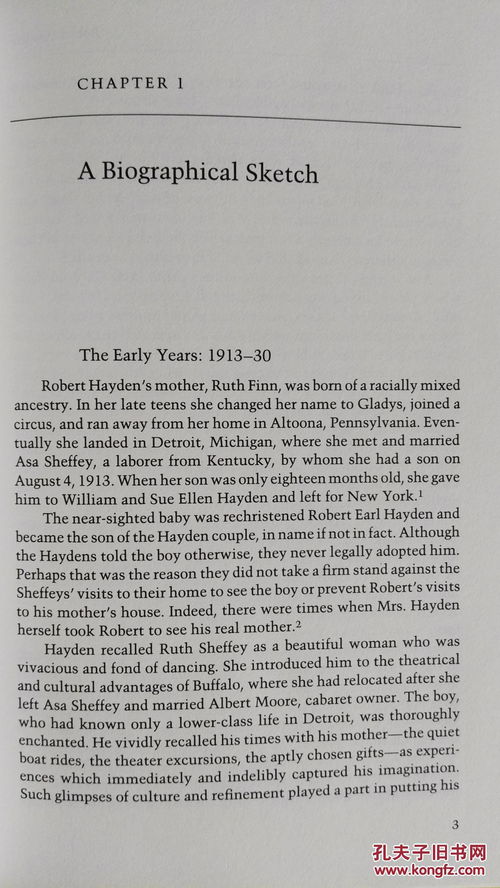The Struggle of Doubt:
[End of document]
Yet, alongside the fervent expressions of faith, English poetry also delves into the shadowy realms of doubt and uncertainty. Poets such as T.S. Eliot and Matthew Arnold grapple with the existential angst that arises from questioning the foundations of belief. In Eliot's seminal work, "The Waste Land," fragmented narratives and enigmatic allusions reflect the fragmented nature of modern consciousness, where faith is fractured and elusive.
Amidst the tumult of belief and doubt, English poetry becomes a beacon illuminating the path to existential meaning. Poets like Emily Dickinson and Walt Whitman embark on a quest for truth and enlightenment, seeking solace in the depths of the human experience. Dickinson's enigmatic verses, such as "Because I could not stop for Death," invite readers to ponder the mysteries of existence and contemplate the transcendent truths that lie beyond the veil of mortality.
The Power of Faith:
The Quest for Meaning:
Belief, a beacon guiding humanity through the ebb and flow of existence, finds its resonance in the poignant verses of English poetry. From the devout expressions of faith to the introspective musings on doubt and skepticism, English poets have traversed the spectrum of human belief with eloquence and depth. Let us embark on a journey through the rich tapestry of English poetry, where belief unfurls its petals in myriad hues.
Conclusion:

Whitman, in his magnum opus "Leaves of Grass," celebrates the inherent dignity and divinity of every individual, proclaiming, "I celebrate myself, / And what I assume you shall assume." Through his expansive vision of humanity's interconnectedness with the cosmos, Whitman offers a vision of belief rooted in the intrinsic worth of every soul.
Exploring the Depths of Belief Through English Poetry
In the realm of belief, faith stands tall as a mighty oak, its roots delving deep into the soil of the soul. English poetry, with its emotive language and evocative imagery, captures the fervor of faith in all its splendor. William Wordsworth, in his poem "Ode: Intimations of Immortality from Recollections of Early Childhood," extols the innate sense of divinity that permeates the natural world. Through his verses, he invites readers to behold the sublime beauty of creation and find solace in the eternal presence of the divine.
Arnold, in his poem "Dover Beach," laments the ebbing tide of religious certainty in the face of an indifferent universe. The image of the "Sea of Faith" withdrawing, leaving "naked shingles" bereft of meaning, encapsulates the desolation felt by those who find themselves adrift in a world devoid of transcendent truths. Through these works, Eliot and Arnold confront the existential void left by the erosion of belief, inviting readers to confront their own doubts and uncertainties.
Similarly, Gerard Manley Hopkins, a Victorian poet renowned for his innovative use of language, celebrates the glory of God's creation in "Pied Beauty." With exuberant zeal, Hopkins exclaims, "Glory be to God for dappled things," praising the diversity and intricacy of the natural world as manifestations of divine craftsmanship. Through his vivid descriptions and rhythmic cadence, Hopkins instills a sense of wonder and reverence for the sacred in the hearts of his readers.
In the tapestry of English poetry, belief emerges as a multifaceted gem, refracting the light of human experience in all its complexity. From the fervent declarations of faith to the haunting echoes of doubt, poets have grappled with the perennial questions of existence, leaving behind a legacy of wisdom and insight. As we traverse the winding paths of life, may we draw inspiration from the timeless verses of English poetry, finding solace and illumination in the depths of belief.








